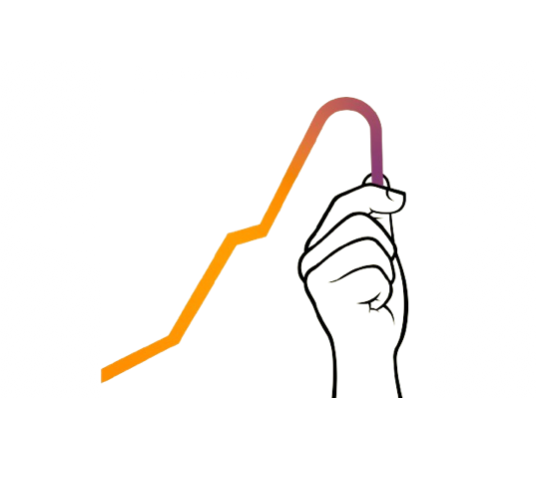The spread of Covid-19 has left the world shattered. A very contagious virus that has killed hundreds of thousands of people and infected millions more.
People don’t generally think twice about where and how they are disposing of their waste. This is one of the main reasons why India is counted amongst the most polluted countries worldwide.
Proper waste management has never been a strong suit of India. But given the current global pandemic, it should be our wake up call. The waste that we generate and throw away is definitely harmful to the environment but what most people are unaware of is that it can be harmful to us as well.
In the current Covid-19 pandemic, most people have been advised to isolate themselves in their home. While this has reduced environmental pollution and noise pollution to some extent, this has also resulted in the generation of a large amount of biomedical waste.
When the pandemic started, people panic buying products like Personal Protection Equipment (PPE), gloves, masks, sanitisers, disinfectants etc. These products were used by medical practitioners who were treating the infected, and following the guidelines of the World Health Organization (WHO) and the Centre for Disease Control (CDC), the general populous started wearing them as well to safeguard themselves from the virus.
These products protect us, but they cannot be reused most of the time and hence have to be thrown away. But these products have now been contaminated by the virus. If they are not disposed of properly, it can escalate the spread of the Covid-19 virus through secondary transmission.
The dumping of these products in a rampant manner on the roads or sidewalks or burning them, or throwing them in the sea can exponentially increase the chance of other people and animals as well getting infected due to it.
The birds who pick up these masks from the ocean or the road can get tangled in the threads of the masks and hurt themselves. These masks are also contaminated, and they inadvertently spread the virus to other places around the globe.
There are now more masks in the ocean than there are jellyfishes. Also, discarding the biomedical waste in the ocean will contaminate the water more and effectively influence the sea life and disrupt the ecological balance of the ocean, which will again ultimately affect us and our health.
The rag pickers, the waste collectors, the poor people of our country are the most affected by this. Their livelihood and their lives usually depend on the waste we throw away. They find it, mend it, and use it if they can or else sell it off to make some money. But suppose the waste we throw away is contaminated, and they use it. In that case, they have a high chance of getting infected themselves. And they don’t have the luxury to get themselves looked after by a doctor if the effect of the virus is severe.
There are several guidelines of waste disposal provided by the Central Pollution Control Board (CPCB), which can be followed by us to reduce the spread of the virus, such as:
- Using double-layered garbage bags to ensure no leakage.
- The biomedical waste should be collected separately in a yellow coloured bag.
- Using separate and dedicated bins for waste collection.
- Washing of single-use utensils with water and soap before disposal.
(These measures are for those who are disposing of the biomedical waste from their homes and not for hospitals and quarantine centres.)
By using such simple measures, you would be ensuring that sanitation workers would be less at risk of getting infected by the virus. At the same time, you would also be contributing to keeping your home, society, and environment clean and free of contamination.
It is imperative that we understand that we are as much dependent on the sanitation workers as they are on us. And that they are just as brave and the doctors and the soldiers who protect us in the frontline.

